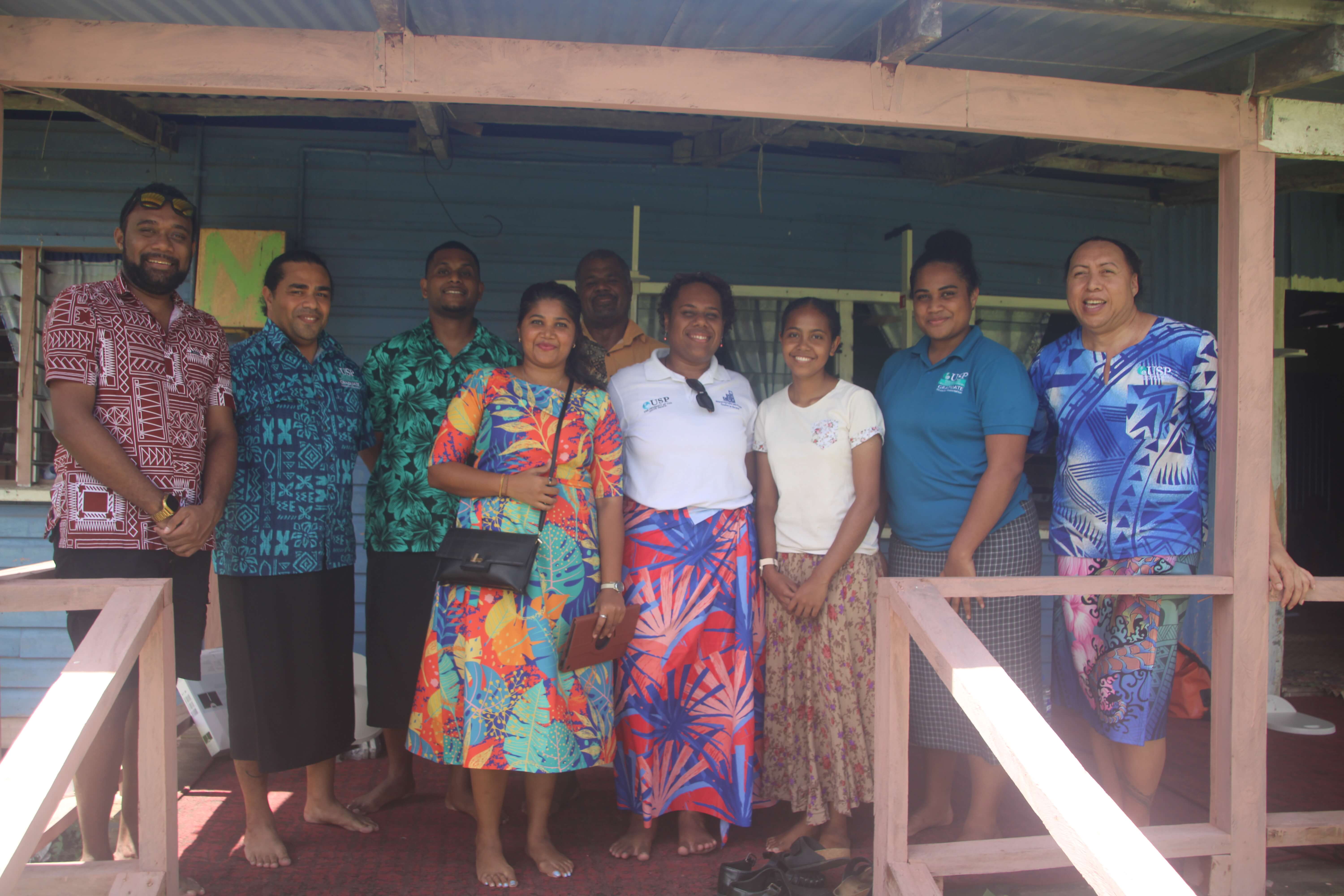Related News

The Pacific Centre for Environment and Sustainable Development (PaCE-SD) recently conducted its inaugural pilot study in Vusuya, Nausori, Fiji.
The study aimed to evaluate the tools and gauge the effectiveness of the survey, offering crucial feedback for enhancements before the commencement of baseline data gathering.
This study marks a significant step towards addressing the identified gaps within the project. It aims to acquaint all data collectors with the REDCAP tool and the survey questions, enhancing their research methodology skills before the full-scale feasibility and baseline data collection efforts.
In a collaborative effort, PaCE-SD based at The University of the South Pacific (USP) and The Foundation for Rural Integrated Enterprises and Development (FRIEND) are spearheading the Global CFaH project in Fiji, aiming to elevate health and nutrition standards across the Pacific.
This partnership signifies more than a mere project; it is a stride towards a future with an emphasis on community health and well-being.
From the pilot study, valuable insights were gained from interviews with ten households, laying a robust foundation for the future activities of the GCFaH project. These preliminary outcomes are crucial in guiding the project’s direction, ensuring the planned interventions are impactful and viable.
Funded by the National Institute for Health Research, UK, the Global CFaH project is a four-year endeavour with the University of the South Pacific (USP), PaCE-SD, and FRIEND as its Fiji-based collaborators.
This collaboration between USP (PaCE-SD) and FRIEND in advancing the Global CFaH project highlights a united commitment to enhancing health and nutrition in the Pacific.
This collaboration transcends the boundaries of a typical project, embodying a movement towards a future where the spotlight shines on the health and well-being of communities.